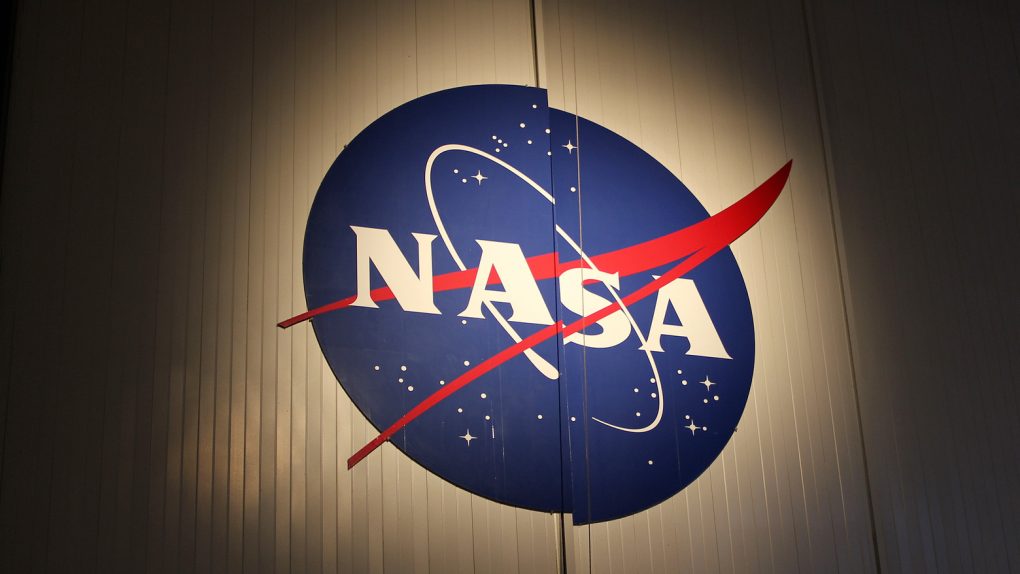To say that NASA bet big on U.S. companies Boeing and SpaceX to provide solutions for manned spaceflight would be a colossal understatement. The space agency basically put all its eggs in two baskets, and neither of them seem to be capable of staying on track, with countless delays, setbacks, and the cost overruns that accompany them.
As Reuters reports, NASA’s recent rundown of “key risk items” heavily features the manned spaceflight hardware currently being worked on by SpaceX and Boeing, and warns that additional delays are likely in the cards. According to a source that spoke to Reuters, as many as 35 issues have been highlighted by NASA’s advisory panel, and addressing those problems will potentially push both companies even farther off schedule.
Spokespersons for both SpaceX and Boeing commented in an upbeat tone for the original piece, noting that the companies are working hard and hitting milestones, but concerns remain, especially when it comes to safety.
Ensuring that the homegrown rocket and ship technology from the two companies can safely carry travelers for many years to come means getting everything right, but the need for manned spacecraft is immediate.
The most pressing concern is that of the International Space Station, and NASA has been paying the Russian space program to carry U.S. astronauts there for some time now. NASA extended its agreement with Roscosmos last year after it became clear that neither SpaceX or Boeing were going to be able to meet their more optimistic deadlines. Now, with absolutely no way to send astronauts into space after 2019, NASA now must consider paying Russia even more money to ensure U.S. presence aboard the ISS.
NASA’s demands are high, and both companies will need to prove their flight platforms are safe and reliable before any astronauts are allowed to take to the skies. It’ll be interesting to see if either company is ready by the end of 2019, or if further delays and issues push the timeline back yet again.








